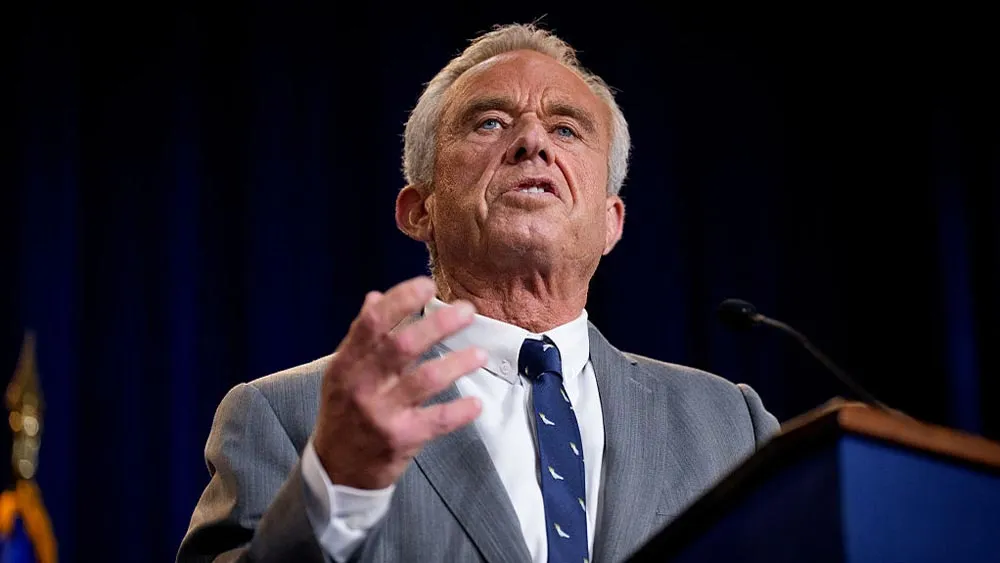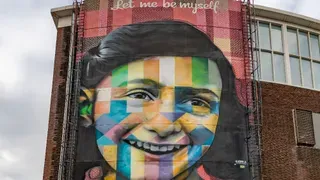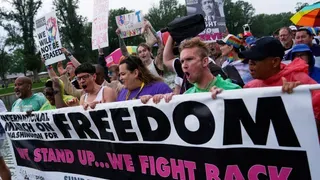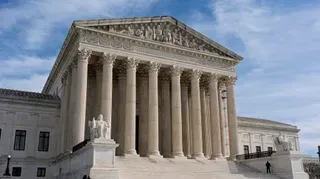January 20, 2023
Hopes for HIV Vaccine Dashed as Drug Fails Trial
Kilian Melloy READ TIME: 2 MIN.
A major drug trial testing a potential vaccine called Mosaico was halted early when it became clear that the vaccine did not prevent participants in the trial from acquiring HIV, NBC News reported.
The Mosaico trial involved "nearly 3,900 men who have sex with men and transgender people, all deemed at substantial risk of HIV," NBC News detailed, going on to explain that all trial participants had rejected offers of pre-exposure prophylaxis (PrEP), which is highly effective at preventing the transmission of HIV.
The vaccine did not, however, seem to confer the hoped-for protection against the virus.
The failure of the years-long trial follows the unsuccessful end of a trial for another drug, Imbokodo, in 2021.
"The vaccines tested in both trials used a common cold virus to deliver what are known as mosaic immunogens, which were intended to trigger a robust and protective immune response by including genetic material from a variety of HIV strains prevalent around the world," NBC News explained.
In addition, "Mosaico included an additional element intended to broaden the immune response."
But both vaccines were designed along the same principle: To generate "what are known as non-neutralizing – as opposed to neutralizing – antibodies against HIV."
The failures demonstrate that the approach is not effective. Dr. Anthony Fauci, who retired at the end of last year from his longtime post as the head of the National Institute of Allergy and Infectious Diseases (NIAID), and who had been involved in the quest to develop a cure or a vaccine for HIV for decades, called the result "obviously disappointing," explaining that the vaccines in the failed trials "would actually have to do better than natural infection to be effective."
"That would be a very high bar," Fauci noted.
Despite the disappointing result – and the $56 million that NIAID contributed to the two trials – Fauci urged efforts to continue, saying that there are other therapeutic tools to be deployed.
The New York Times detailed some of those other approaches.
"An ongoing study called PrEPVacc in Eastern and Southern Africa is evaluating a combination of experimental H.I.V. vaccines and preventive drugs," the Times relayed. "Scientists have made headway in developing powerful antibodies that can neutralize the virus. And they are testing new vaccine technologies, including mRNA, against H.I.V."
Meanwhile, other vaccines are still in earlier stages of development.
Fauci urged efforts to develop a vaccine to continue.
"I don't think that people should give up on the field of the HIV vaccine," he told the media, noting that "The ultimate prevention modality for any infection, particularly viral infection, is a vaccine that's safe and effective."
Added Dr. Fauci: "That's the reason why the field is going to continue to pursue very active research in that area."
Kilian Melloy serves as EDGE Media Network's Associate Arts Editor and Staff Contributor. His professional memberships include the National Lesbian & Gay Journalists Association, the Boston Online Film Critics Association, The Gay and Lesbian Entertainment Critics Association, and the Boston Theater Critics Association's Elliot Norton Awards Committee.







